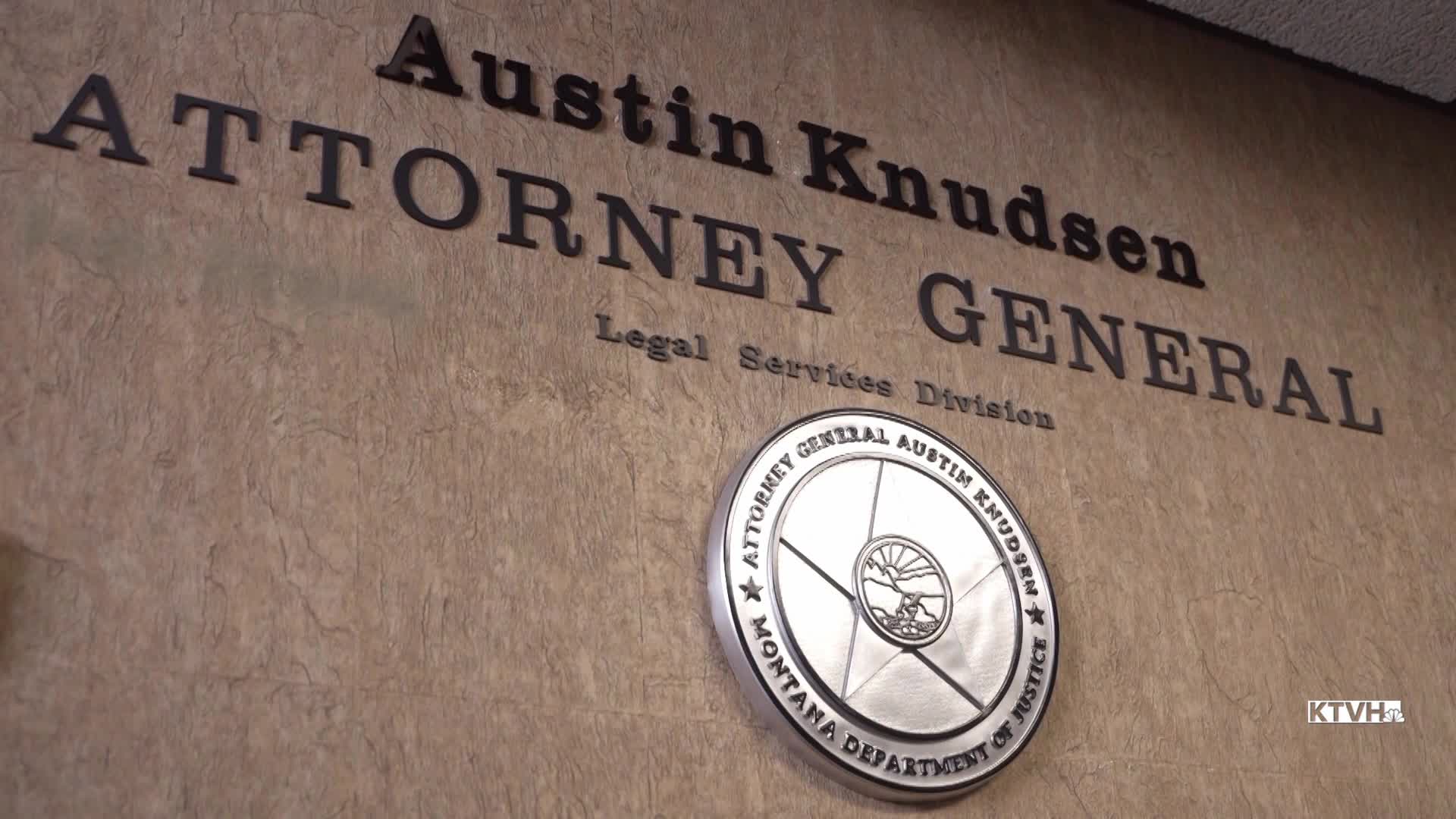HELENA — In Montana, there are currently three active proposals for constitutional amendments that would require state judicial elections to remain nonpartisan. At the moment, all three of them are waiting for the Montana Supreme Court to weigh in, after their backers objected to Attorney General Austin Knudsen’s handling of them.
The three proposed initiatives – all aimed at going onto the 2026 ballot – are:
- Constitutional Initiative 131, sponsored by Montanans for Fair and Impartial Judges, or MFIJ, which would say Montana Supreme Court justices and state district court judges must be elected “in nonpartisan elections.”
- Constitutional Initiative 132, sponsored by Montanans for Nonpartisan Courts, or MNC, which would add a section to the Montana Constitution saying, “Judicial elections shall remain nonpartisan.”
- A second proposed initiative from MNC, currently with the temporary designation Ballot Issue #6, which would include the change in CI-132, and also say that any new court the state creates must have judges elected on a nonpartisan basis.
The Attorney General’s Office is tasked with doing legal reviews of the language of proposed ballot initiatives and the ballot statements that voters will see. In all three of these cases, sponsors are asking the Supreme Court to step in and overturn the office’s reviews.
(Watch the video for more details on the legal challenges.)
For CI-131 and CI-132, the legal issues are the same. Knudsen’s office said both initiatives met state requirements to go onto the ballot, but they rejected the sponsors’ proposed ballot statements. They substituted their own language – very similar for both measures, stating they would “prohibit labeling candidates on the ballot according to the political party the candidate aligns with including labels like independent.”
Earlier this month, MFIJ filed suit, saying the attorney general hadn’t shown their proposed ballot statement for CI-131 was inadequate and that the new language was “prejudicial.” MNC joined in that lawsuit, and when Knudsen’s office rewrote the statement for CI-132 a few weeks later, they filed another suit of their own.
“Voters really need ballot summary language in order to understand what they're voting on,” said Caitie Butler, a spokesperson for MNC. “We believe that the attorney general took our very simple ballot summary language and rewrote it in a way that is confusing and misleading, and really flips the initiative on its head.”
In a statement to MTN, a spokesperson for Knudsen’s office defended their decision.
“The Attorney General merely added language to inform voters of what a nonpartisan election is,” the spokesperson said. “Liberal activists appear to be worried that Montanans will see the facts of what makes an election nonpartisan rather than their own opinion on the ballot.”
Knudsen’s office fully rejected Ballot Issue #6, MNC’s second proposal. They ruled it violated a state constitutional requirement that any amendment only makes one change at a time. They argued the measure would make two substantial changes: requiring existing courts to continue nonpartisan elections, and prohibiting any new court from having appointed judges.
MNC disagreed, and they filed a separate lawsuit over that decision.
“The policy is one single, simple policy that amends the same part of the constitution,” Butler said. “We believe there's no reason that it should be invalidated on a separate vote rule.”
Butler said MNC introduced two versions of its amendment because they anticipated legal battles and they wanted “maximum flexibility” to ensure one version qualified. She said they are only going to move forward with one of them once the lawsuits are resolved – and that their hope would be to use the version that also addresses future courts, but they’re waiting to see what form both proposals are left in.
“Whatever we can get out of the attorney general and the Supreme Court, we will move forward with – as long as it is clear, simple, straightforward and unbiased,” she said.
For a constitutional amendment to qualify for the ballot, supporters have to collect at least 60,241 signatures from registered voters, including a minimum number in 40 of Montana’s 100 state legislative districts.
While Knudsen’s office approved CI-131 and CI-132 for signature gathering, the petition forms voters sign have to include the ballot statements. That means, until these lawsuits get resolved, supporters of those initiatives won’t be starting their campaigns to get signatures.
It’s also highly likely these won’t be the last initiatives this year whose fate is decided in court. The Attorney General’s Office is scheduled to release a legal sufficiency finding soon for Ballot Issue #4, a proposed constitutional amendment that seeks to go around the Citizens United decision and block corporations from spending money in Montana elections.
While the state has not yet released the finding, Jeff Mangan, one of the lead sponsors of the proposal, said on social media Friday that Knudsen’s office had found it legally insufficient, and that supporters were already planning an appeal to the Supreme Court.




